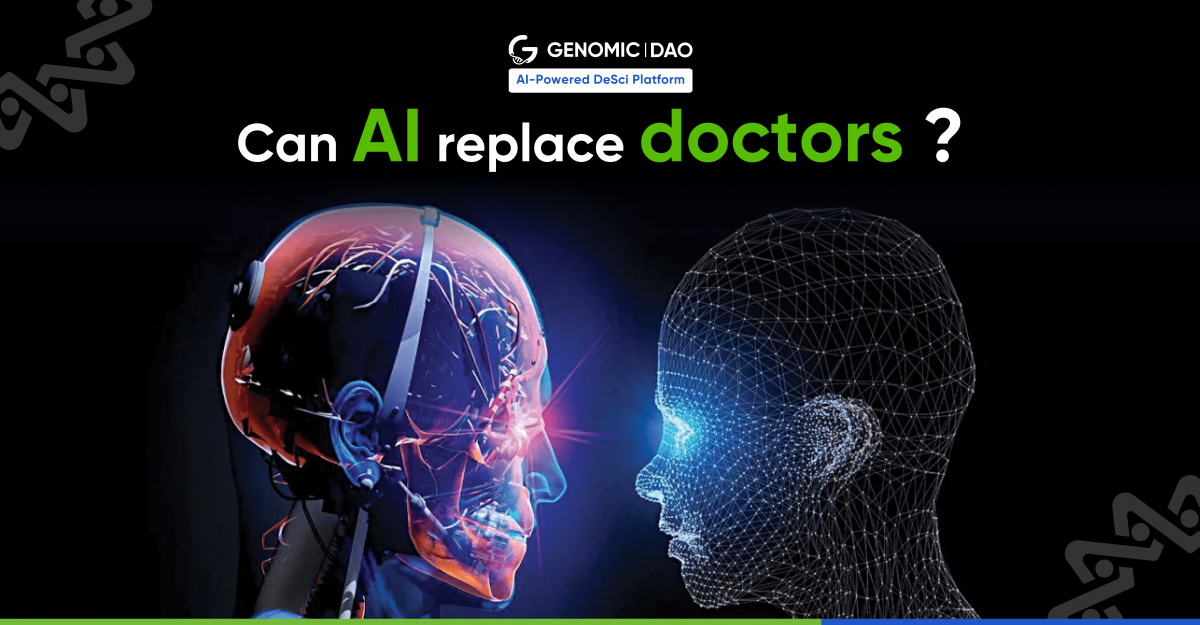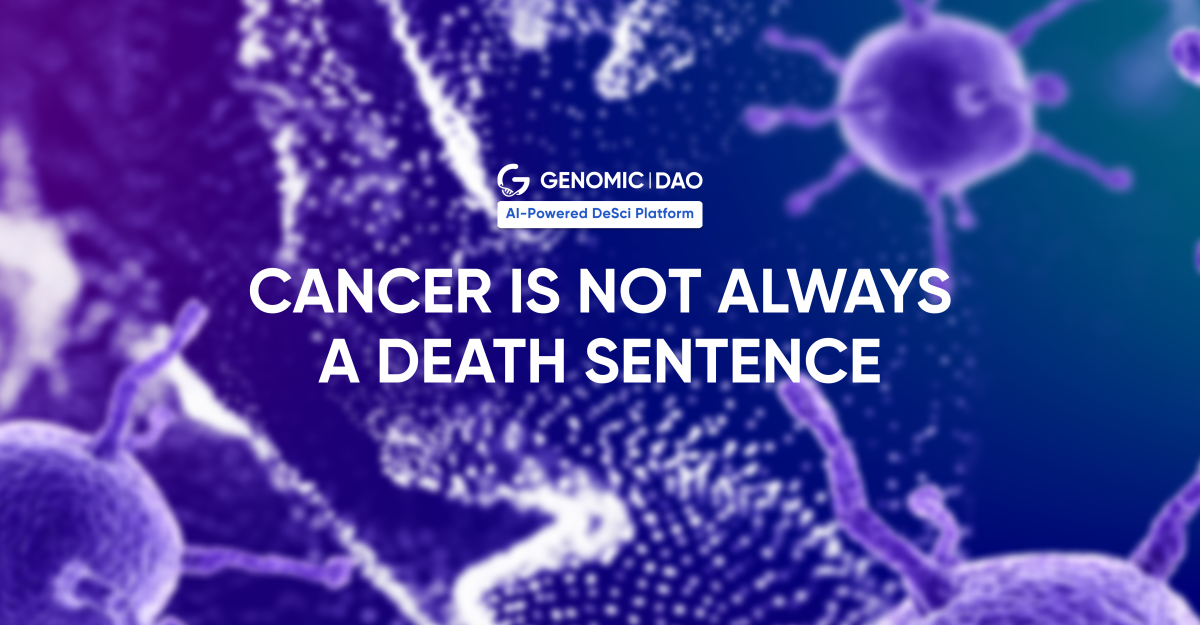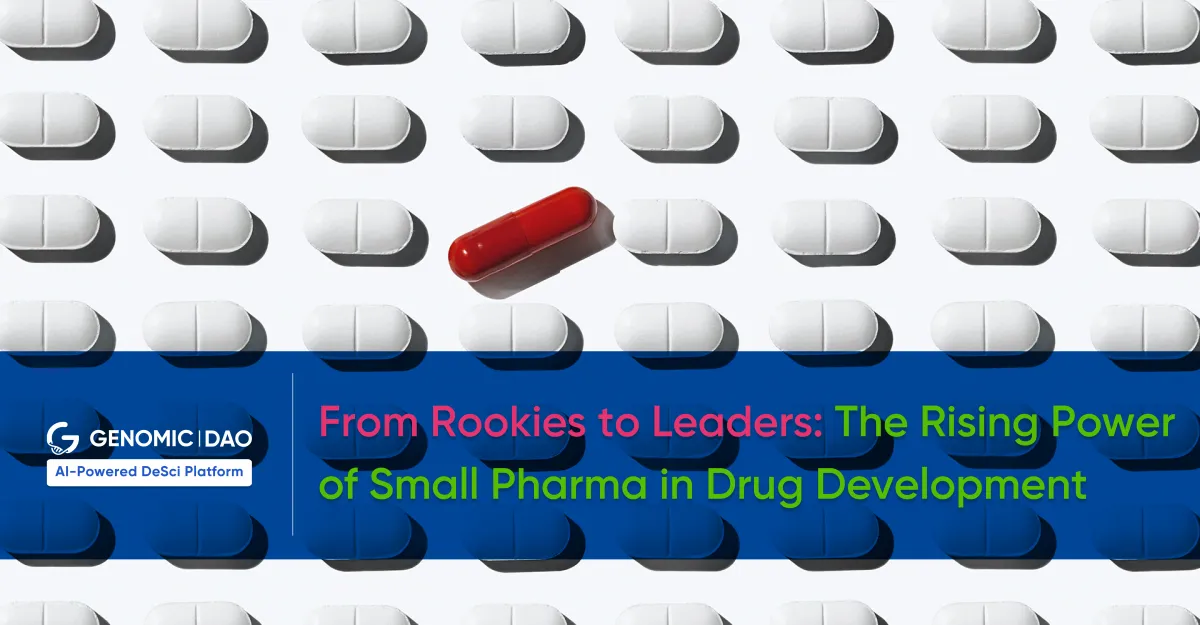
Since the emergence of OpenAI’s ChatGPT — an artificial intelligence-powered chatbot — everyone is buzzing about the various applications that artificial intelligence has to offer. As the technology continues to expand, opening up more opportunities for the integration of artificial intelligence in everyday life, do we foresee a future where AI can replace doctors in healthcare?
Mixed Evidence
Artificial Intelligence (AI) has become an increasingly powerful tool in healthcare, with the potential to revolutionize the way we diagnose, treat, and prevent diseases. Currently, there have already been AI systems in development to read medical scans and tissue samples to identify diseases in patients with greater speed and accuracy. Another potential use is to analyze patterns across thousands of health records to determine the most effective treatment for a given patient. For instance, software that could determine which cancer therapy is most suitable based on the patient’s genetic makeup.
Recent studies suggest that AI can perform tasks with high accuracy and even detect diseases that doctors may miss. A team reported that an AI program detected invasive breast cancers (1) in the early stages more accurately than radiologists did.
Some studies have explored whether AI should complement or replace physicians’ expertise in making diagnoses. In some cases, doctors who were given guidance from AI made less-accurate decisions than AI alone.
But in other cases, combining physician expertise and AI is the most effective option. For example, a team tested AI software trained to detect hip fractures in radiographs, and two experienced radiologists who incorporated the AI program’s output into their evaluations performed better than the software by itself (2).
There’s so much more than just diagnosis and treatment
Even if the evidence ends up showing that AI can do as well or better than doctors in some situations, will AI replace physicians? The answer depends partly on how critical human interaction is.
In the foreseeable future, AI is yet able to replicate human empathy. While machines can process vast amounts of data and identify patterns that humans might miss, they cannot understand the nuances of human emotions and interactions. Patients often rely on their doctors not only for medical expertise but also for emotional support and guidance. Doctors can provide reassurance, empathy, and a human touch that can be difficult to replicate with machines. Most older adults today, and perhaps younger adults as well, still want to hear from a human being about their health (3).
Even in radiology, which has the potential to be highly impacted by AI, radiologists still have important interactions with patients and medical staff. A paper examined the list of radiologist tasks including services such as X-ray scans, CT scans, ultrasound examinations, and mammography; and at first glance, radiologists appeared to be largely spending their days using technology. However, the Occupational Information Network shows that the job also involves interpersonal exchanges, such as discussing results with medical staff and explaining risks, benefits, and treatment options to patients (4).
Another limitation of AI compared to humans is its lack of critical thinking skills. While machine learning algorithms can make predictions based on patterns in data, they cannot evaluate the context of the situation or consider alternative explanations. Doctors, on the other hand, are trained to think critically and to consider a range of factors when making medical decisions. They can weigh the risks and benefits of different treatments, take into account a patient’s history and preferences, and adjust their approach based on new information.
Experience is another crucial factor that sets human doctors apart from machines. While AI can learn from vast amounts of data, it cannot replicate the breadth and depth of human experience. Doctors have years of training and hands-on practice that enable them to recognize subtle signs and symptoms, anticipate complications, and make informed decisions based on their intuition and expertise.
Despite these limitations, AI has the potential to improve healthcare in many ways. For example, machine learning algorithms can help doctors diagnose diseases more accurately and quickly, predict the likelihood of complications, and identify the most effective treatments. AI can also help to reduce medical errors, improve patient outcomes, and lower costs.
The integration of AI can help to revolutionize healthcare, but it is important to recognize that AI is not a panacea for all healthcare problems. DDoctors will remain a vital aspect of the medical field. By acknowledging humans’ and machines’ strengths and weaknesses, we can strive for a future where AI and doctors collaborate to enhance healthcare for everyone.
Reference
- Kim, H.-E. et al. (2020) Changes in cancer detection and false-positive recall in mammography …, The Lancet Digital Health. Available at: https://www.thelancet.com/journals/landig/article/PIIS2589-7500(20)30003-0/fulltext (Accessed: March 21, 2023).
- Mawatari T;Hayashida Y;Katsuragawa S;Yoshimatsu Y;Hamamura T;Anai K;Ueno M;Yamaga S;Ueda I;Terasawa T;Fujisaki A;Chihara C;Miyagi T;Aoki T;Korogi Y; (2023) The effect of deep convolutional neural networks on radiologists’ performance in the detection of hip fractures on digital pelvic radiographs, European journal of radiology. U.S. National Library of Medicine. Available at: https://pubmed.ncbi.nlm.nih.gov/32721827/(Accessed: March 21, 2023).
- Kwok, R. (2023) Will ai eventually replace doctors?, Kellogg Insight. Available at: https://insight.kellogg.northwestern.edu/article/will-ai-replace-doctors (Accessed: March 21, 2023).






